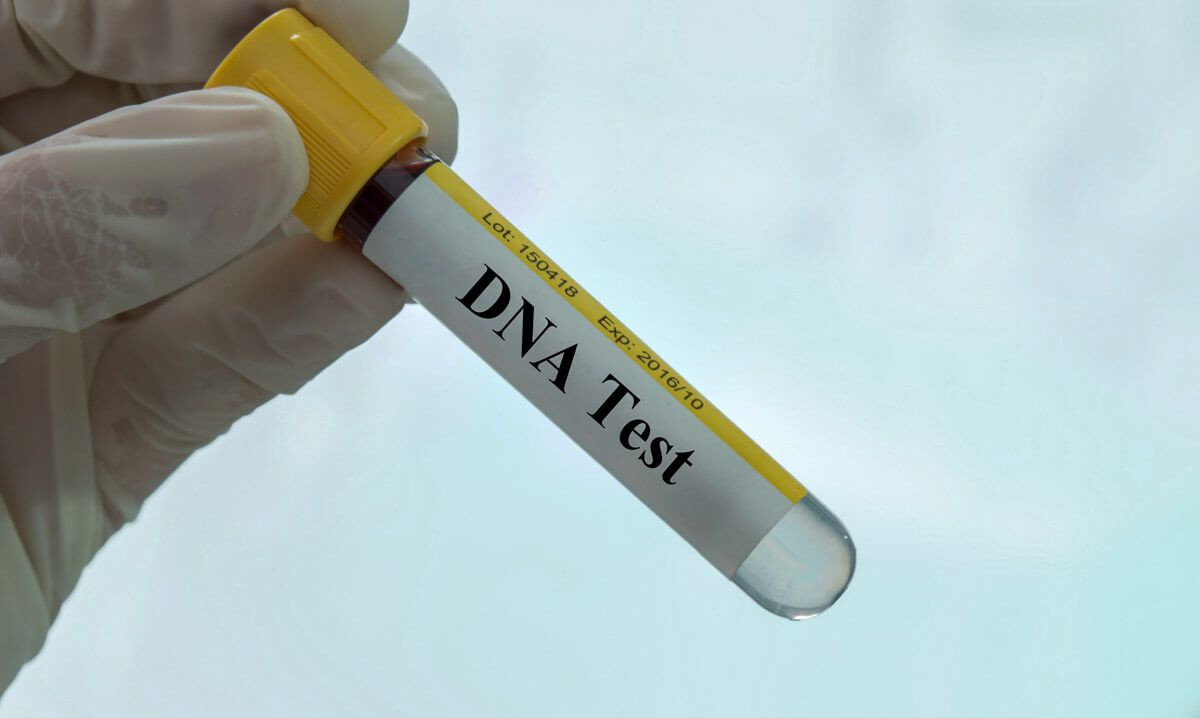
LITIGATION expert Believe Guta has petitioned Parliament to amend section 23 of the Maintenance Act, arguing that criminal sanctions for defaulting on maintenance should only apply after biological paternity is conclusively proven.
The petition, filed under section 149 of the Constitution and Order 172 of the Standing Orders, highlights systemic issues in the current legal framework, which allows imprisonment for maintenance arrears without mandatory verification of paternity.
Guta contends that this violates constitutional rights, particularly section 49(1)(a), which protects against arbitrary deprivation of personal liberty.
Citing cases where men were jailed for defaulting on maintenance orders despite disputed or later disproven paternity, the petition describes the consequences as severe and far-reaching, including loss of freedom, reputational harm and psychological distress.
“Numerous men in Zimbabwe have been imprisoned for defaulting on maintenance orders in circumstances where paternity was either in dispute or subsequently disproved by DNA testing,” the petition said.
Guta proposed a new subsection (1A) to section 23, which would require paternity to be legally confirmed through voluntary acknowledgement, a court declaration or a DNA test before any criminal proceedings can begin.
The proposed amendment reads: “No proceedings under this section shall be instituted unless the paternity of the child concerned has been established by voluntary acknowledgement, a court declaration or a DNA test conducted in accordance with the law, where paternity has not previously been admitted or is disputed.”
The petition also calls for a statutory review mechanism to reassess past cases where individuals faced penalties without verified paternity.
- 3 drivers nabbed over Zesa cables theft
- Letter from America: Democrats believe in Voodoo economics
- Social Commentary: Chiredzi villagers struggle with hunger, food insecurity
- Artistes condemn “Operation Dudula’s” xenophobic attack
Keep Reading
It urges Parliament to act swiftly in framing the amendment as a necessary step towards justice and constitutional fairness.
Recent data from private DNA testing firms reveals that a staggering 72% of paternity tests conducted in the country return negative results, disproving the biological fatherhood of men who believed they were raising their own children.
The findings, though contested by experts, have ignited fierce debate about trust, infidelity and legal accountability in family structures.
Global DNA Zimbabwe, a leading testing facility, reports that only 28% of tests confirm paternity, with the overwhelming majority — nearly three out of four — yielding negative results.
However, critics argue that the 72% figure is misleading, as it stems from a self-selected group of men already harbouring strong suspicions about paternity.
An independent Zimbabwean study analysing 851 test cases from 2014 to 2019 found a discrepancy rate of 32,8% — still significant, but far lower than the sensationalised claims.
Experts caution that the true rate of misattributed paternity in the general population likely mirrors global trends, hovering around 1% to 3%.
Legal and social repercussions are mounting.
Activists are calling for mandatory DNA testing at birth to prevent future disputes, while opponents warn of the ethical and psychological toll such policies could inflict.
Meanwhile, courts face increasing paternity-related litigation, with men demanding the right to cease financial support for children proven not to be theirs.
The late socialite Genius Kadungure spent 11 years looking after a child he believed to be his, only for a paternity test to prove otherwise.
However, a high-profile DNA test involving Zimbabwe’s Honorary Consul in Uganda confirmed he was the father of his late two-year-old son.










